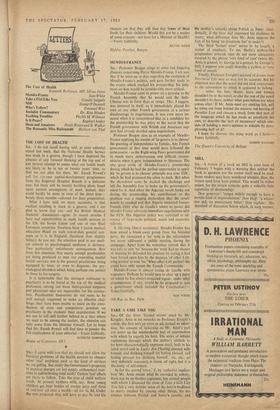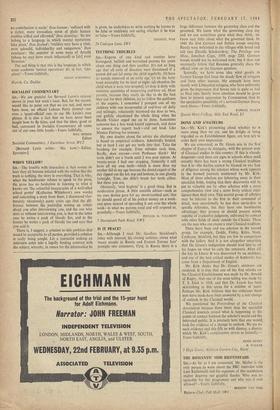hard to separate): here the bare fact, there the interpretation;
the fact and the interpretation are logically, indissoluble (it is not as if facts were solid nuggets of reality mirrored by our descrip- tions, which those descriptions unhappily dis- tort). And he would have contested strongly Ayer's conclusion that 'philosophy does after all intrude upon questions of empirical fact,' or that in some respects `the procedure followed in philosophy is like that of the natural sciences.' He saw the discipline as oa purely a priori one: the aim was not `to take a new look at the facts,' not to examine the actual, but rather to investi- gate the conceivable: to set out the nature and interconnections of those concepts which ,have largely figured in all philosophising since Plato.



































 Previous page
Previous page